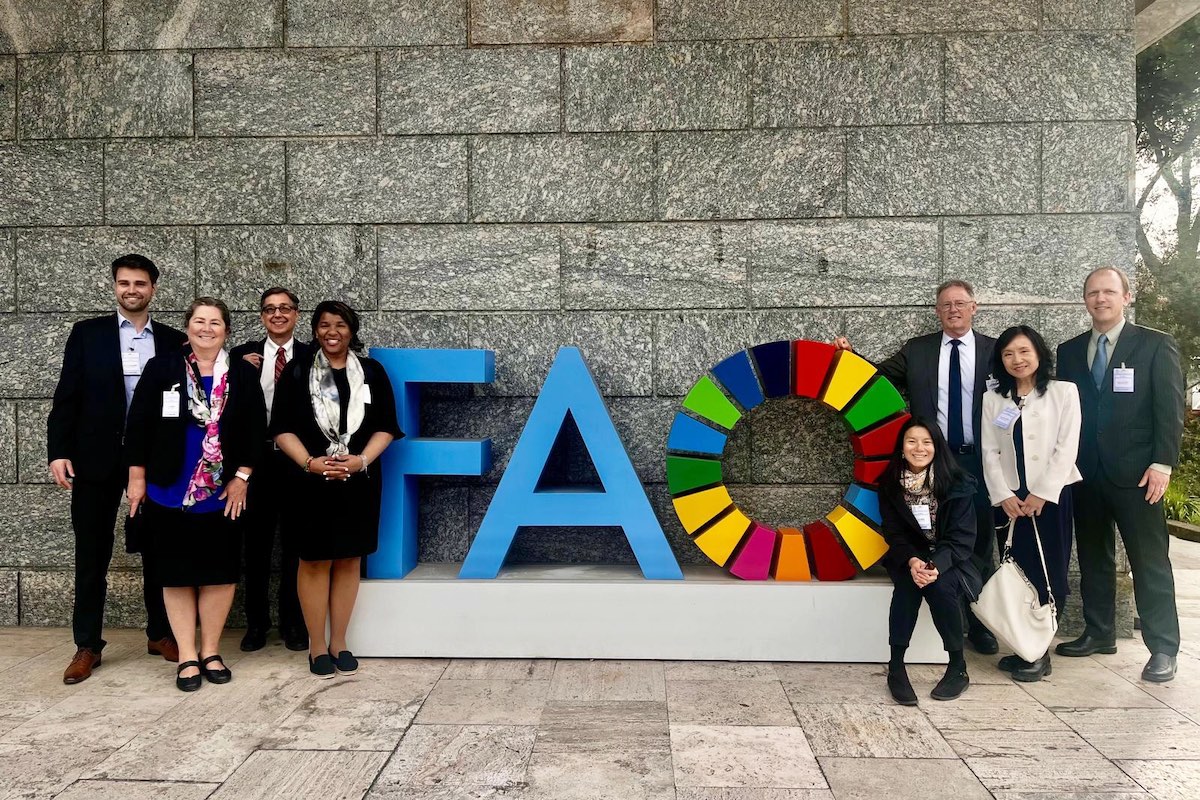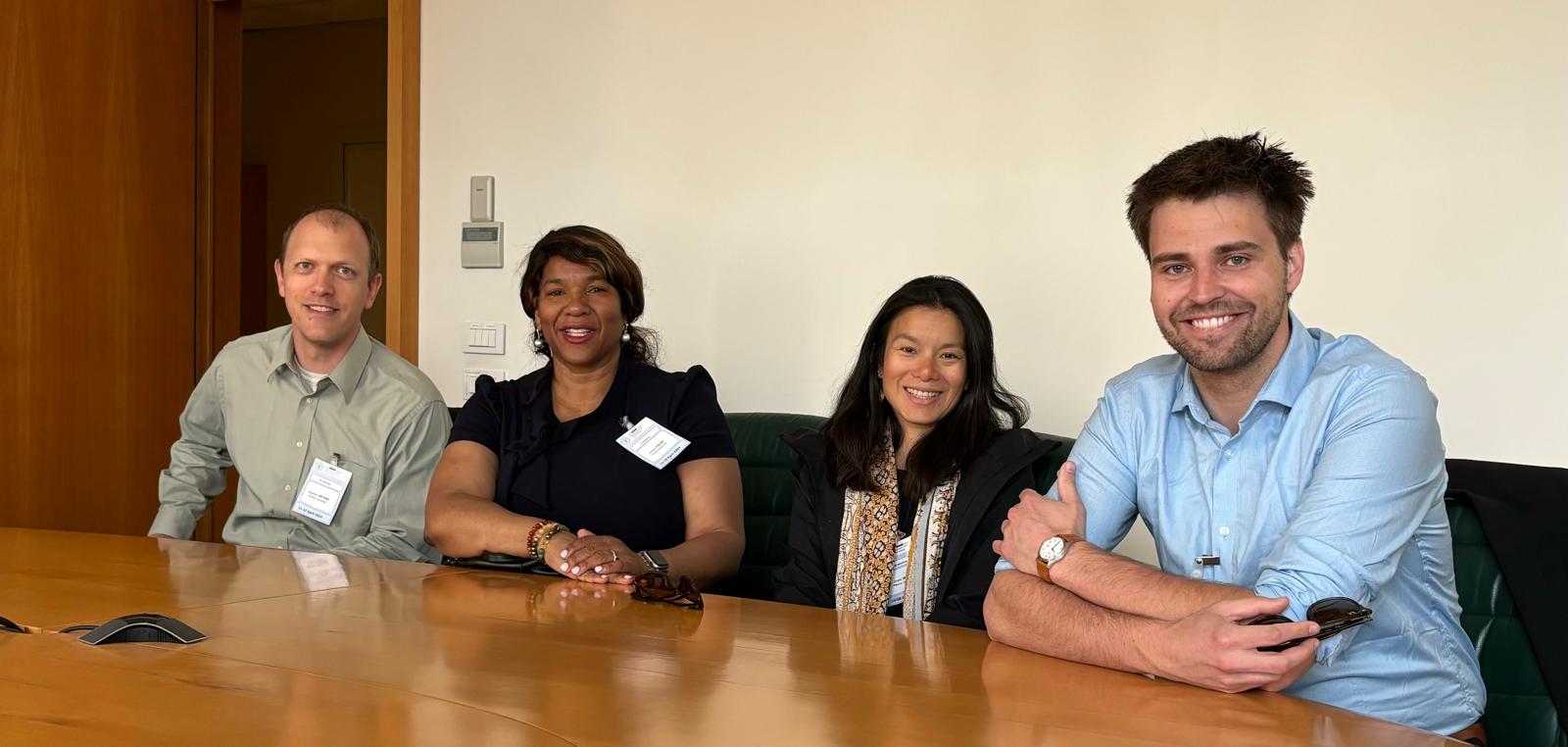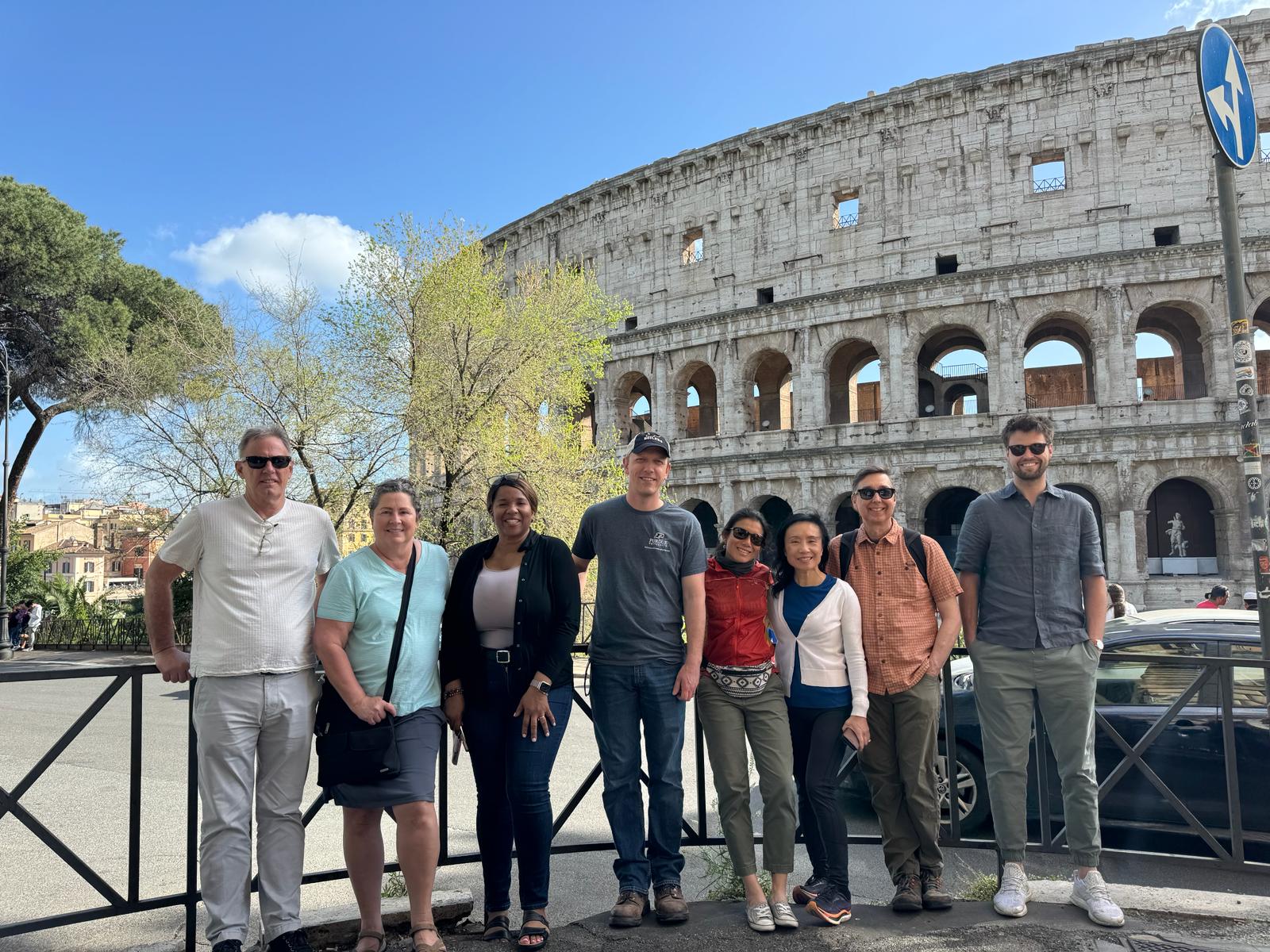Second year for International Research Academy
The International Research Academy was recently established by the Office of International Programs in Agriculture (IPIA) to support faculty members who have an interest in learning more about conducting international research but have limited prior experience with international activities.
“The goal of this program is to promote greater understanding of international opportunities,” says Peter Hirst, professor in the Department of Horticulture and Landscape Architecture (HLA) and associate director of IPIA. “We hope to help faculty members expand campus and off-campus networks and strengthen the college’s long-term capacity to conduct international research.”
This yearlong mentoring program consists of regular group meetings combined with one-on-one peer mentoring, drawing on the expertise of senior colleagues in the College of Agriculture with experience in international work. The program consists of focus sessions introducing information such as types of international work, finding partners, trip planning, and grants and proposals. It ends with presentations of concept notes and feedback from mentors.
“My research focuses on international trade and macroeconomics in agriculture. Both my colleagues and stakeholders are international, but what I wanted to learn was how to strategically build an international research agenda in the U.S. and how to attract funding for such work,” says Bernhard Dalheimer, assistant professor in the Department of Agricultural Economics.
Each cohort visits Washington, D.C., to meet with funding agencies and partner organizations such as the U.S. Agency for International Development (USAID) and U.S. Department of Agriculture Foreign Agricultural Service (USDA-FAS). Each group also travels to an international location to meet with colleagues and potential collaborators at peer higher-education institutions and international organizations. The first program cohort traveled to Italy, to meet with counterparts at the University of Bologna, and to Rome, to meet with representatives of the UN Food and Agriculture Organization (FAO).
These meetings with potential collaborators allowed us to learn about European agri-food research,” Dalheimer says, “and gain a greater understanding of opportunities for collaboration.”
“I definitely recommend other faculty participate in the International Research Academy,” says HLA associate professor Stephen Meyers. “It forced me out of my comfort zone and greatly advanced my interests and pursuit of international research. Since participating, I've signed up for a USAID Farmer-to-Farmer program, contributed to an international grant proposal and submitted a Fulbright Scholar application to conduct research abroad.”
“These kinds of follow-on activities are exactly what the academy hopes to spark,” says Gerald Shively, Associate Dean and Director of IPIA. “International activity has long been a central pillar in the College of Agriculture, and this program redoubles our commitment to global engagement by better-positioning our junior faculty to develop international research collaborations.”
Interested in more information about strengthening the college’s long-term capacity to conduct international research, please visit the International Research Academy.









